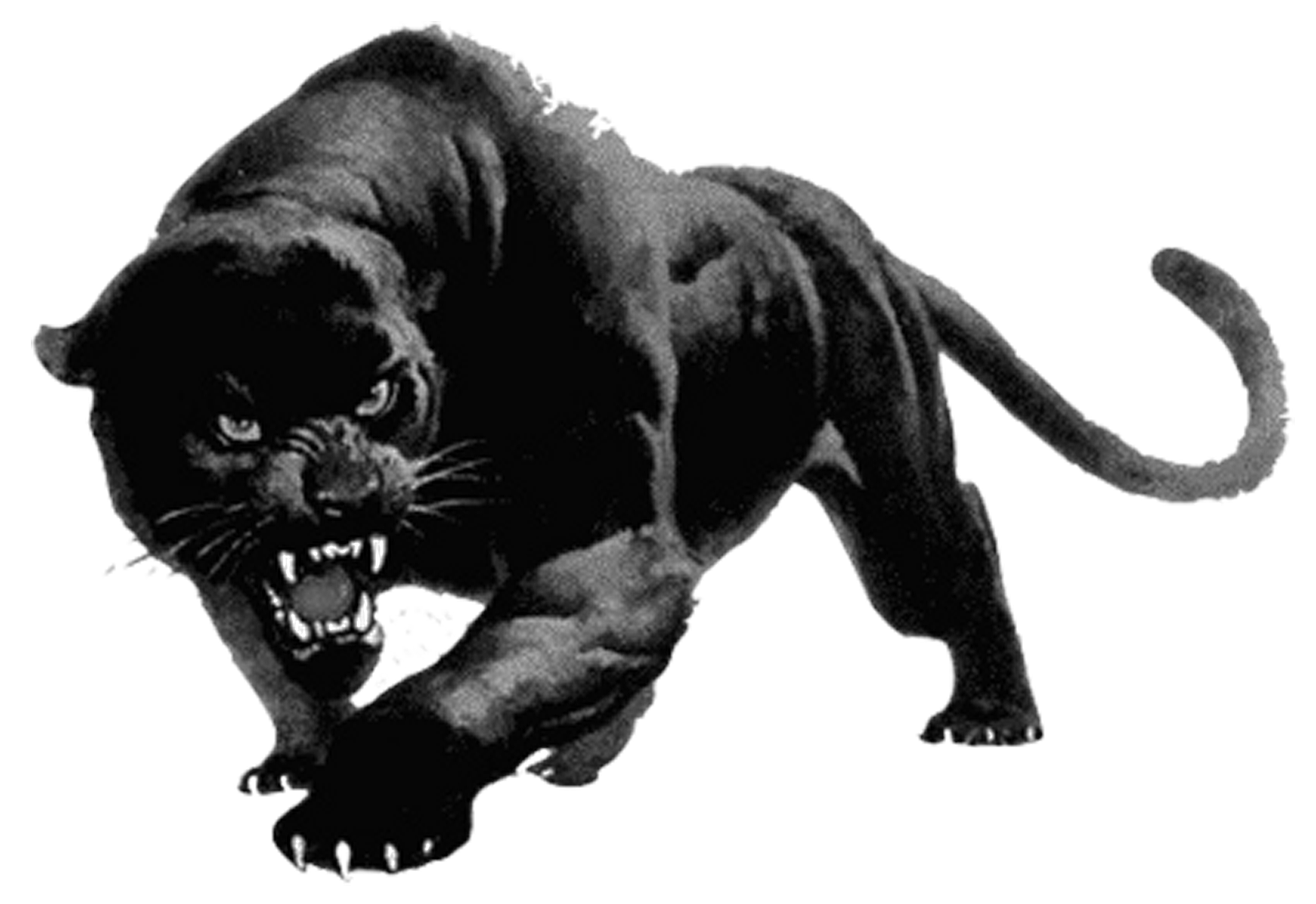A Hero I Can Believe In
By Anonymous
Content warning: description of depressive episode
Spoiler alert: you should probably watch Black Panther before reading this.
I had a rough week. My depression was hitting me especially hard, and not for any specific discernible reason. I faked my way through Tuesday classes I hadn’t done the reading for. I did this again on Friday. I forgot a work shift. I wanted to do nothing but sleep. I felt incredibly alone. But then came Black Panther.
Black Panther didn’t cure my depression. That’s not how it works. I take a little pill every day, and I force myself to go to the Stone Center. I learn how to identify what’s especially hard for me so that I might be better prepared next time something difficult happens. I wasn’t prepared for Black Panther. It gave me something new to believe in.
This is not an origin story, and it’s not a typical superhero story. The Black Panther isn’t tasked with saving the world. The film is beautiful in every possible way: scenery, costumes, relationships. It’s easily the most important movie Marvel has made yet. It’s full of difficult questions and is unapologetically black. Ryan Coogler shows off blackness in all its complexity—as a diaspora.
There’s a question of helping your own people or helping the masses. Are all black people Wakanda’s people? T’Challa’s duty is to rule and protect—but who is he responsible for? Erik Killmonger, Black Panther’s villain, wants to empower black people all over the world.
T’Challa finds a compromise, deciding to bring Wakanda out of the shadows to share its knowledge with the world. T’Challa offers opportunity and hope to children in Oakland who play basketball on the same run down court that his cousin played on fifteen years earlier. His eyes are opened: his father killed his brother for committing treason, and in doing so created a monster. He can’t erase his father’s mistakes, but he can perhaps atone for them.
Killmonger is a villain that you feel for. He lost his father as a child. His Wakandan heritage was stolen from him. He grew up oppressed by the deep-seated racism of the United States. He watched as his neighborhood was filled with drugs and guns and as his people were killed by those who were supposed to protect them. He saw black people around the world suffering because their oppressors always had the upper hand.
Killmonger thinks Wakanda could unseat white supremacy. His ambition reflects something we all dream about. When he takes T’Challa’s throne, Wakanda is thrown into inner conflict. As tribe leader W’Kabi faces his love Okoye—who, for Wakanda, would kill him without question—you can see him thinking this is not what we’re supposed to be, and he surrenders. The fighting stops, and all will be well again.
Black Panther gave me something powerful to believe in. It shows off the strength and beauty of black people without ever exoticizing them or trivializing their perspectives. It puts into words many things that I can’t. Ryan Coogler’s art showcases grief, anger, joy, love, and so much more. I didn’t cry, but my heart felt full. I didn’t feel so alone.
The superhero world is shifting—I can’t capture how revolutionary Black Panther is. It was made by and for black people. It’s breaking records. You have to see it for yourself to understand.
I’m a young black woman who struggles to talk about race with her parents. I’m tired of having to defend myself and explain things, even if the other person is genuinely willing to learn. I’m depressed and I’m angry and I only have so much to give. Black Panther understands what diaspora is. Africa is diverse; the country of Wakanda is diverse and everyone has a stance that’s valid. T’Challa is the king because he’s not willing to become the oppressor in the act of resistance.
Following their confrontation, Killmonger and T’Challa watch the sunset; Killmonger’s finally gotten to see the fairytale his father told him stories about. But he doesn’t take the opportunity to be saved: “Bury me in the ocean with my ancestors who jumped off the ships because they knew death was better than bondage.” My heart broke for him. I’m sure T’Challa gave his cousin the proper burial that Erik’s father Prince N’Joba didn’t get. Erik has endured so much and still remains resilient in the end: he makes a choice rather than surrendering. Wakanda is so much more than the third-world farming country the world thought it was. There’s challenge, conflict, growth, beauty. It’s more than just a place: it’s a spirit that lives within me.
Like they say, Wakanda forever.
From February 2018 issue
